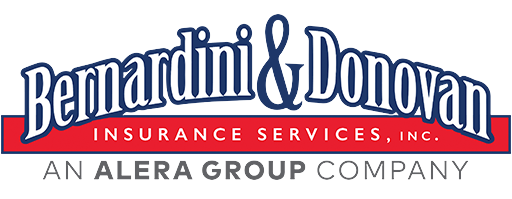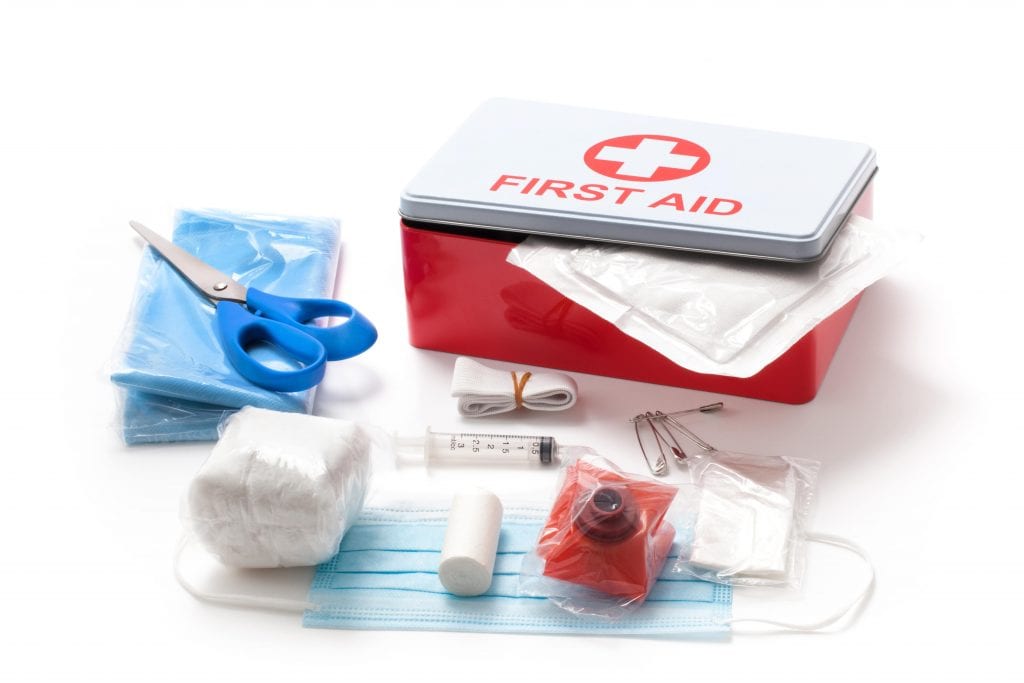Overview: Learn how Medicare Advantage Plans work and how you can find plans available in your area
Medicare Advantage Plans are a type of plan offered by private insurers. It’s a bundled alternative to Original Medicare, whereby private insurers contract with the federal government to provide health insurance benefits to people who qualify.
>> READ MORE: Nerd Wallet – What Is a Medicare Advantage Plan?
These Medicare Advantage Plans, sometimes called “Part C” or “MA Plans,” that are offered by Medicare-approved private companies follow a set of rules.
CHOOSING BETWEEN A MEDICARE ADVANTAGE PLAN OR SOMETHING ELSE
-
Medical Conditions. Medicare Advantage Special Needs Plans (SNPs) are geared to the needs of very specific populations, and can be a good choice for people with certain medical conditions, as well as those who are institutionalized or who are Medicare-Medicaid dual eligible.
-
Disability. You can get a Medicare Advantage plan if you’re Medicare-eligible, even if you’re under 65 (as of 2021, even enrollees with ESRD can sign up for Medicare Advantage; this was not the case prior to 2021 unless the Advantage plan was an ESRD Special Needs Plan).
-
Missed Enrollment. If you’re enrolled in only Original Medicare and your Medigap open enrollment window has already passed, a Medicare Advantage plan might make more sense, since there’s an annual open enrollment period for Medicare Advantage.
-
Extra Benefits. Do you care about extra benefits like dental, vision, hearing aids, and gym memberships? These are often covered on Medicare Advantage plans, but not Medigap.
-
Premiums. Here’s a big one: premium cost. In most areas, there are “zero-premium” Medicare Advantage plans available. According to the Kaiser Family Foundation, 98 percent of Medicare beneficiaries had access to at least one zero-premium Medicare Advantage plan in 2021.
>> READ MORE: How to Choose Between Medicare Advantage, Medigap and Part D
-
Out-of-pocket Exposure. With most Medicare Advantage plans, keep in mind that you’ll pay coinsurance and copays, and the out-of-pocket maximum can be as high as $7,550 (for services that would be covered under Medicare Part A and B; Medicare Advantage enrollees will incur additional out-of-pocket costs for the prescription drug component of their coverage, since that’s not a benefit that would be covered by Medicare Parts A and B).
-
Plans to Travel. If you plan to travel Medicare out of country, advantage plans can cover foreign travel beyond Original Medicare’s limited situations, but each Medicare Advantage plan is different so it’s imperative that you check the plan details before enrolling.
-
Network Size. With Medicare Advantage, each plan has its own network, and you may be limited to a much more local or regional area.
-
Plan Availability. Although most Medicare beneficiaries have access to a wide range of Medicare Advantage plans, the options vary considerably from one area to another. Keep in mind there are some areas of the country where no Medicare Advantage plans are available (mostly rural areas in the western part of the U.S., including the entire state of Alaska).
-
Plan Change Flexibility. Medicare Advantage is a guaranteed issue for all enrollees during its initial enrollment periodthat lets enrollees switch plans.
- Having Medicaid or a Medicare Savings Program. Medicare covers many services, but it doesn’t cover long-term care benefits and can leave its enrollees with large cost-sharing expenses
HOW TO JOIN A MEDICARE ADVANTAGE PLAN
Not all Medicare Advantage Plans work the same way. Before you join, take the time to find and compare Medicare health plans in your area. Once you understand the plan’s rules and costs, here’s how to join:
-
Use Medicare’s Plan Finder.
-
Visit the plan’s website to see if you can join online.
-
Fill out a paper enrollment form. Contact the plan to get an enrollment form, fill it out, and return it to the plan. All plans must offer this option.
-
Call the plan you want to join. Get your plan’s contact information.
-
Call us at 1-800-MEDICARE (1-800-633-4227). TTY: 1-877-486-2048
When you join a Medicare Advantage Plan, you’ll have to give these:
-
Your Medicare number
-
The date your Part A and/or Part B coverage started
This information is on your Medicare card. (Source)
THE PROS AND CONS OF MEDICARE ADVANTAGE
Like most things in life, Medicare Advantage plans have benefits and drawbacks. We’ve already addressed a few previously, but let’s summarize what to look for:
Pros:
-
Additional benefits, which may include some cost savings or subsidies toward hearing, dental and vision care.
-
Potentially lower premiums for coverage.
-
Limits on how much you may have to pay out-of-pocket for hospital and medical coverage. (Determined by the Centers for Medicare & Medicaid Services; is $7,550 in 2022.)
Cons:
-
Less freedom to choose your medical providers.
-
Requirements that you reside and get your non-emergency medical care in the plan’s geographic service area.
-
Limits on your ability to switch back to Original Medicare with a Medicare Supplement Insurance policy.
-
The potential for the plan to end, either by the insurer or by the network and its included medical providers. (If this happens, you’ll be notified and offered other options.)
RELATED ARTICLES:
>> A Guide To Covered California In 2022
>> How To Close Out Open Enrollment For Individual & Family Health Plans



 Penalty fees, hindered medical care, and steep medical fees are no fun, but these are the realities to expect if you don’t have health insurance coverage in California or any other state where coverage is required.
Penalty fees, hindered medical care, and steep medical fees are no fun, but these are the realities to expect if you don’t have health insurance coverage in California or any other state where coverage is required.













